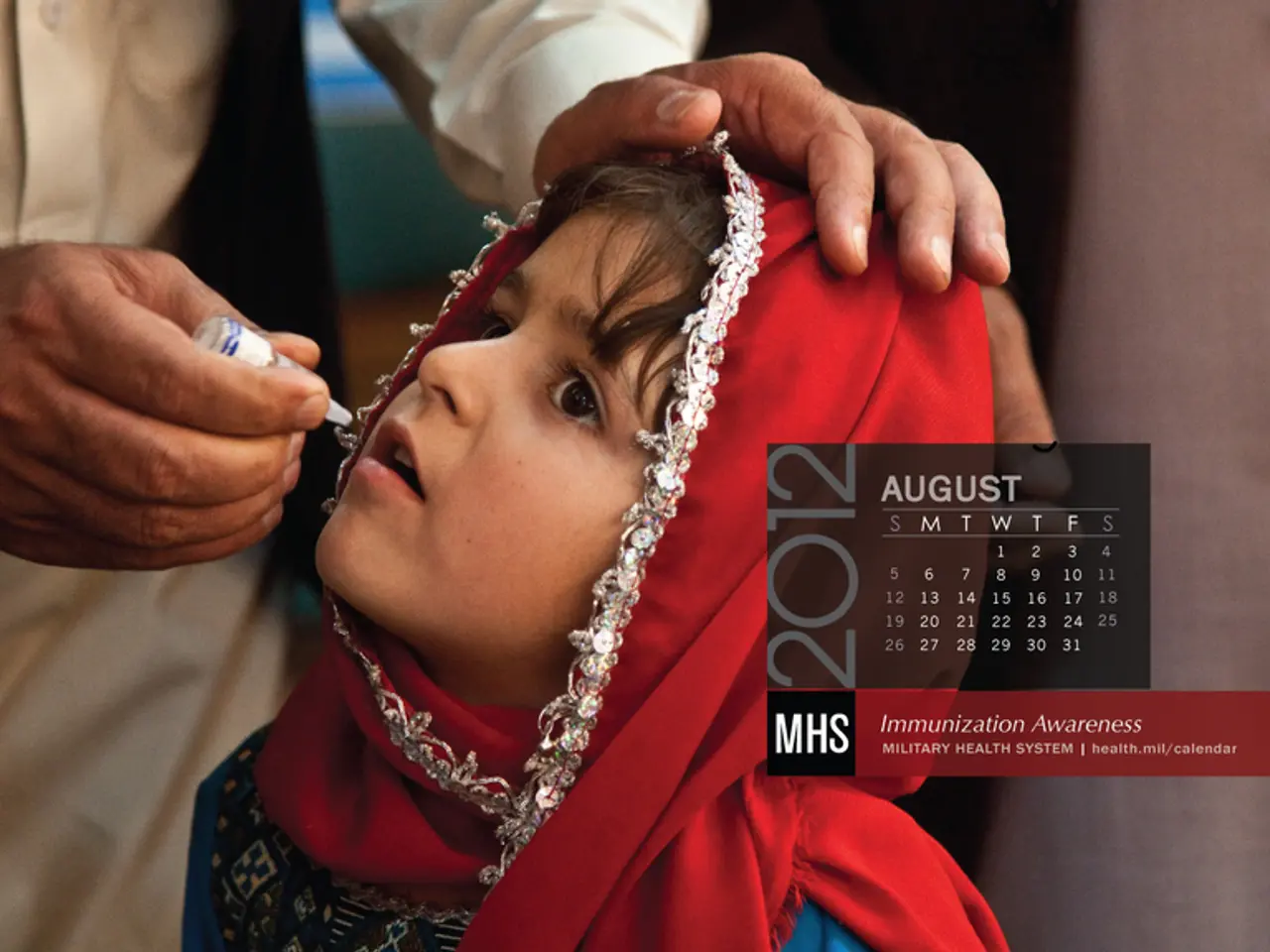CDC's acting director encourages staff to view citizens as mature individuals responsible for personal decision-making based on informed knowledge.
Susan Monarez, the former Director of the Centers for Disease Control and Prevention (CDC), is set to testify before the Senate health committee on Wednesday, following her dismissal from the CDC last month.
In her testimony, Monarez is expected to allege improper actions by Health and Human Services Secretary Robert F. Kennedy Jr., claiming that he demanded she approve modified vaccine recommendations by an independent panel without sufficient scientific evidence or data.
This allegation comes amidst a decline in public trust in the CDC, a decline that has been exacerbated by events such as the dismissal of Monarez for refusing to support vaccine recommendations lacking a solid scientific basis, controversies regarding vaccine safety data transparency, and delayed responses to adverse effects reports.
Jim O'Neill, the acting CDC Director, has acknowledged the loss of trust and what he terms "mission creep" within the organisation. In an email to CDC staff, O'Neill welcomed them back to the office, acknowledging the challenges the CDC has faced in recent times.
The CDC has been involved in addressing significant health crises this year, including the measles outbreak in Texas and the Ebola outbreak in Africa. Despite these efforts, the organisation has also faced criticism following a shooting at its headquarters in Atlanta, Georgia, which resulted in enhanced security and repairs at the Roybal campus.
Health and Human Services Secretary Robert F. Kennedy Jr., however, has demanded a different approach from the CDC, requiring it to reduce its role in Americans' lives. His demands come amidst calls for the CDC to be more transparent and to prioritise scientific integrity in its decision-making processes.
The public hearing on Wednesday will provide a platform for Monarez to share her experiences and for the Senate health committee to investigate the allegations against Robert F. Kennedy Jr. and the CDC. The hearing is expected to shed light on the current state of the CDC and the broader issues surrounding public health policy in the United States.
In a separate development, President Donald Trump signed an executive order in January withdrawing the United States from the World Health Organization (WHO). The impact of this decision on the CDC and global health policy remains to be seen.
As the public hearing approaches, the CDC continues to face challenges both within and outside its organisation. The outcome of Monarez's testimony and the subsequent investigation could have significant implications for the future of the CDC and the direction of public health policy in the United States.






